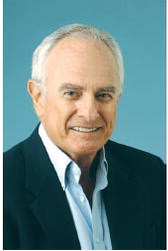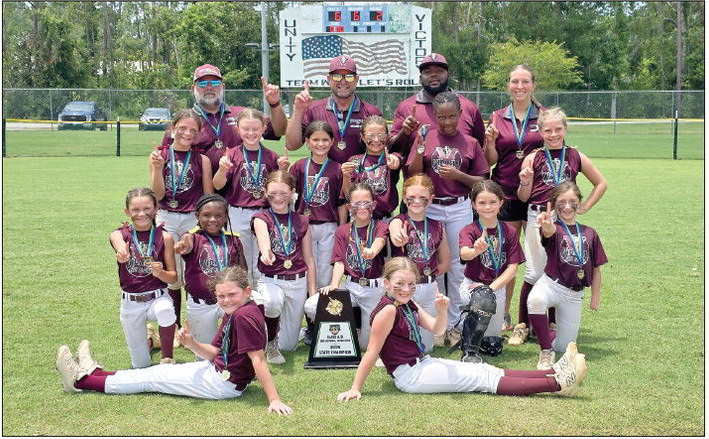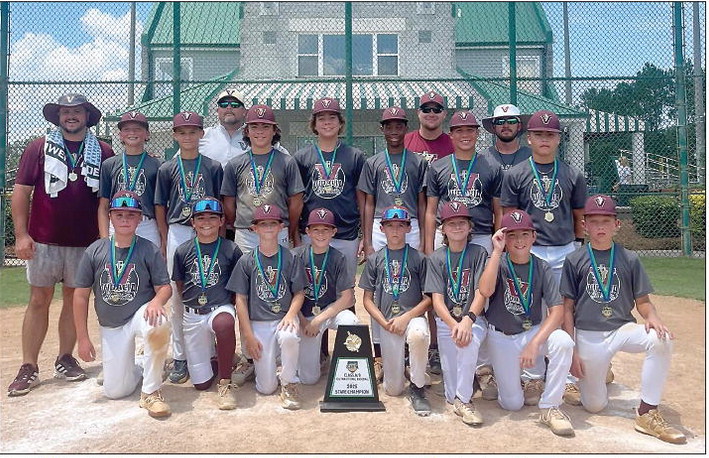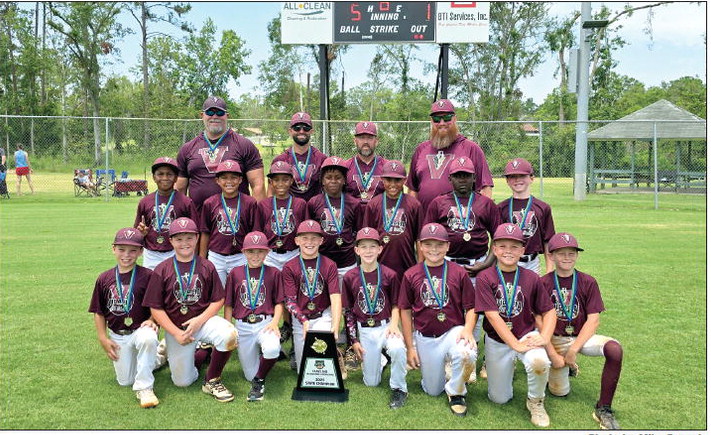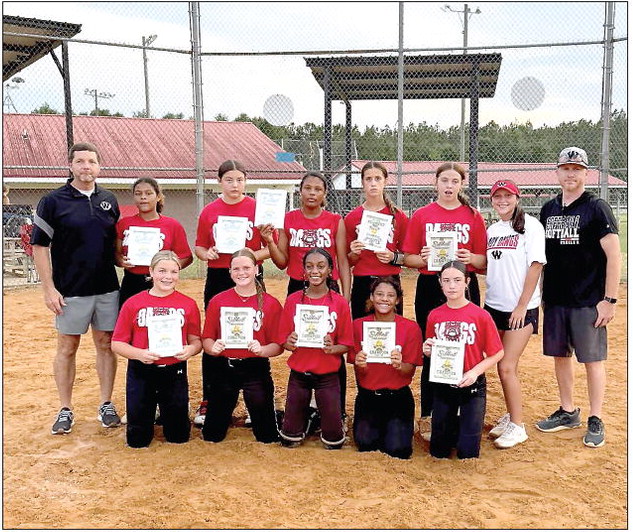Smith
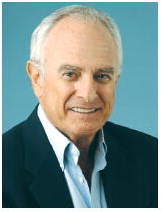

Loran
Randy Watkins
When Randy Watkins was coming along in the mid-Seventies, Cedar Shoals High School in Athens fielded some outstanding teams and for good reason—there was a coterie of talented players who would distinguish themselves at the next level. In short, they could compete with the best, but they were also imbued with compelling leadership skills: Jeff Pyburn, Homer Jordan, Danny Rogers, Amp Arnold, and Jimmy Payne among others. All would experience a championship at some point in their college careers. “It was,” Randy says, “a terrific experience to play with those guys. We loved to compete, and we loved to challenge one another. Those were really good times.”
While the aforementioned athletes were winning conference and/or national championship rings in college competition, Randy gave the highest regard to earning a degree in physical education at Georgia, with an eye on a possible coaching career. He never ventured far from the sports arena, however. He became a football official and a baseball umpire. He would remain close to the game.
As it turned out, he followed the path of many officials and umpires. He became gainfully employed, co-owning his own business, which allowed time for him to referee football and basketball games and umpire baseball games. His company, More than Blinds, shows his expertise in the window covering business.
Customers are always eager to talk sports with Watkins. They want to know what it is like to call a game on the LSU campus at night in the spring. Or at Arkansas, Oxford, or Tuscaloosa. Which coach is the biggest pain? Where are the fans the most difficult? What are the benefits of traveling around the league?
After completing degree requirements at UGA, he began officiating high school games, learning the nuances under the sage eye of a former UGA P.E. teacher, Earl Fales. Today, Watkins still calls high school games but also works Georgia home football games— he is the official in the red hat—and umpires baseball games for the Southeastern and Atlantic Coast conferences.
Those in his line of work, when it comes to officiating and calling games, generally follow the dictum that was handed down to children generation after generation that they should “be seen and not heard.” There are exceptions, however. Those sitting closest to the action are often privy to conversations that take place when a coach becomes upset with calls with which he disagrees. Likewise, any fan who wants to harass an umpire usually finds his way down to seats that are nearest the field. Some are very clever. They use their iPhones to google an umpire’s biography, history, and anything they can use to distract him, hoping to prick a sensitive nerve that allows them to rattle the ump.
Watkins is one who is difficult to rattle. He has such an even-keeled tem- continued from page
perament and also finds ways to disarm the critics. He might even suggest they have a beer after the game.
Umpiring is a greater challenge, in Randy’s view, than refereeing football. Let him explain. “Baseball is much tougher because in baseball you are on an island by yourself. Every call that you make, the camera is on you. The average number of pitches that you see in a college baseball game is about 320 pitches. Out of those 320 pitches, half the time, you’ve got to make a decision on whether it is a ball or a strike.
“In football you get a break sometimes. For example, if the backside tackle holds a little bit, you can choose not to fool with that. It has nothing to do with the play, but you don’t have similar situations in baseball.”
One thing is certain, he says, is that you never let things get out of hand. “You have to ignore the conversation around you. You have to chuckle at some of he things that are said, but as long as it is not personal, you need to let it go over your head.”
Randy Watkins is an everyday guy who most people never get to meet. If they do, they will find that he is a family man, making a living in a college community while being fulfilled by his avocation. He is a goodneighbor type, always extending a helping hand.
Until a football or a baseball coach gets out of line.



